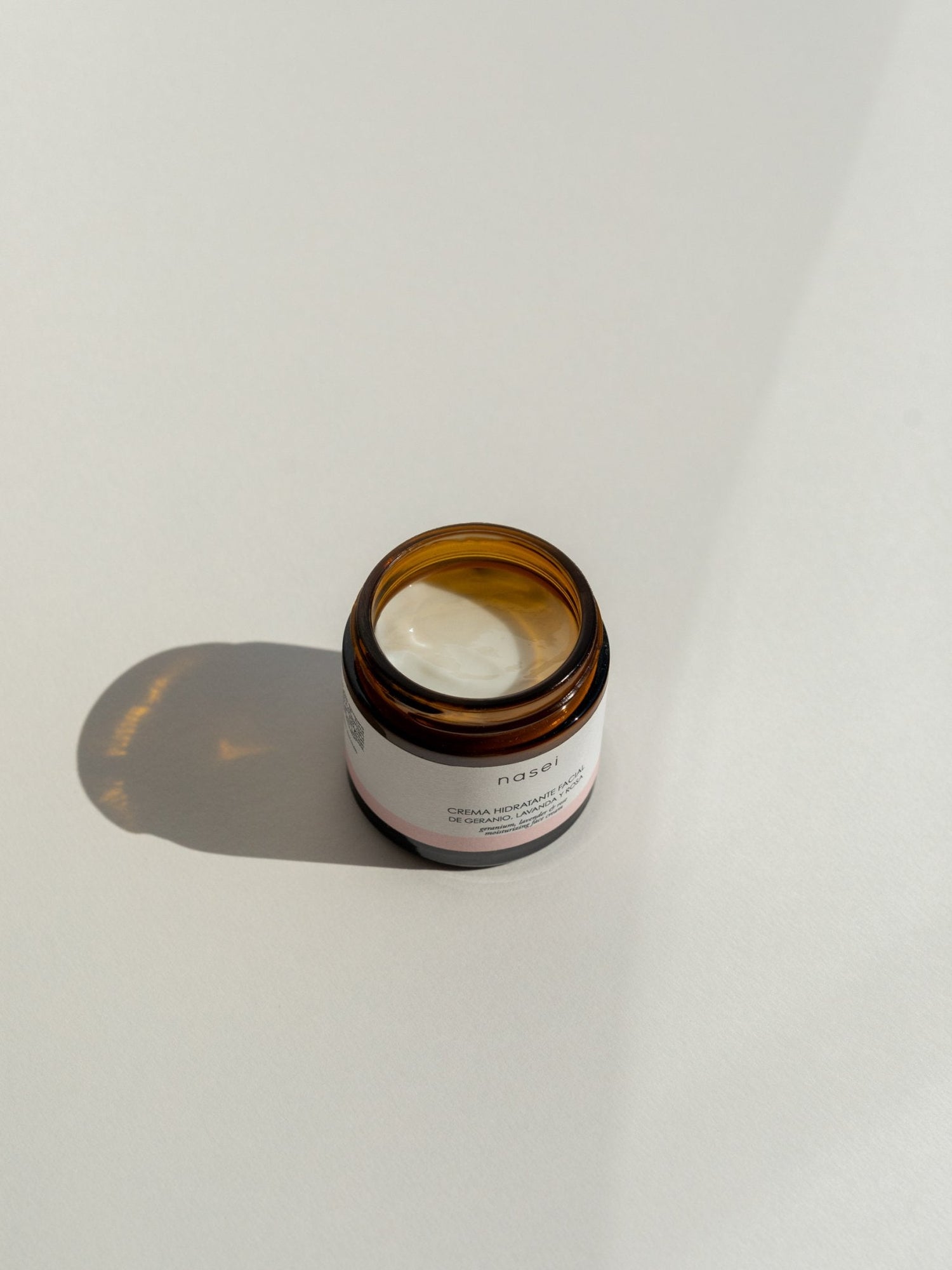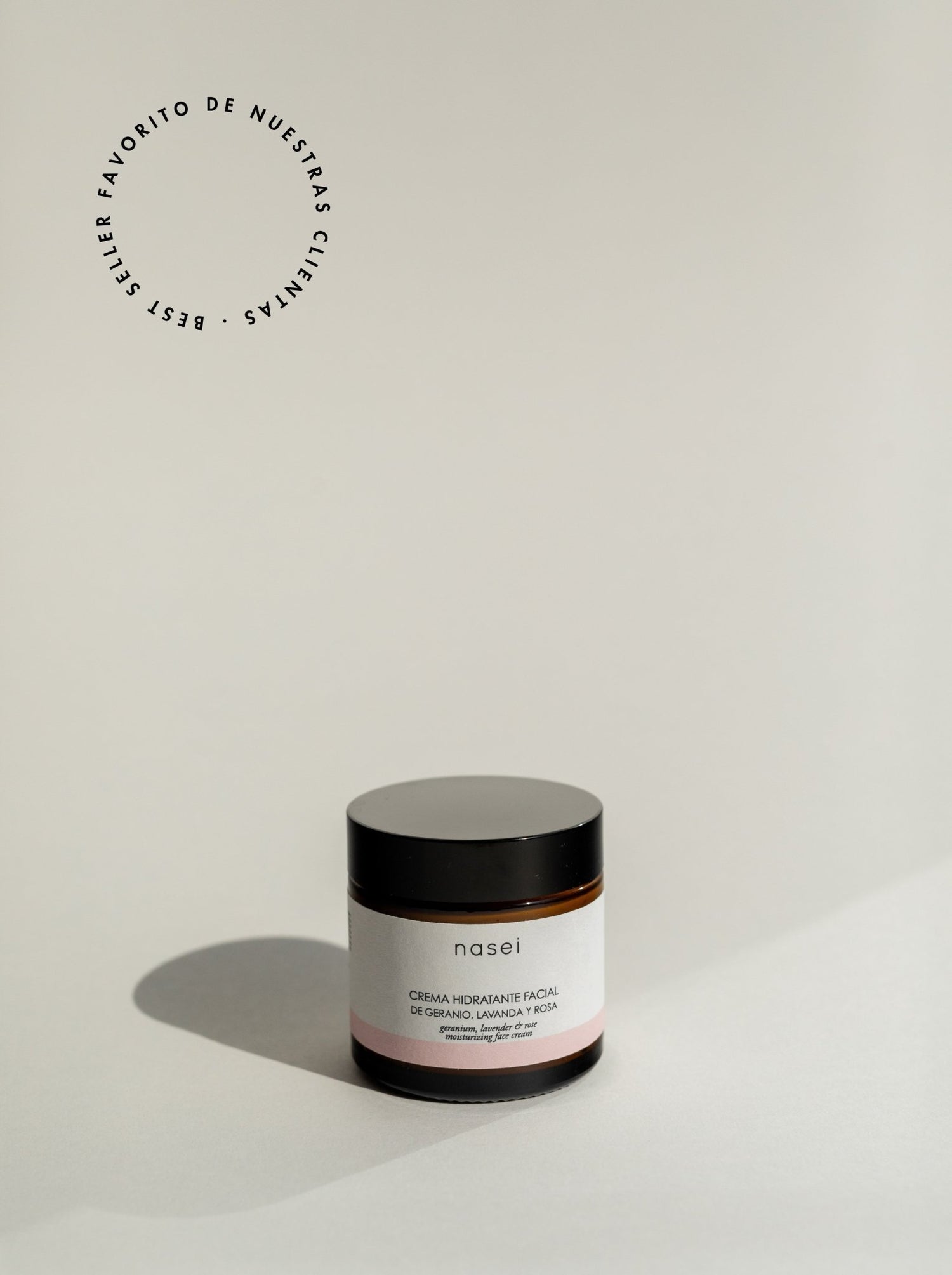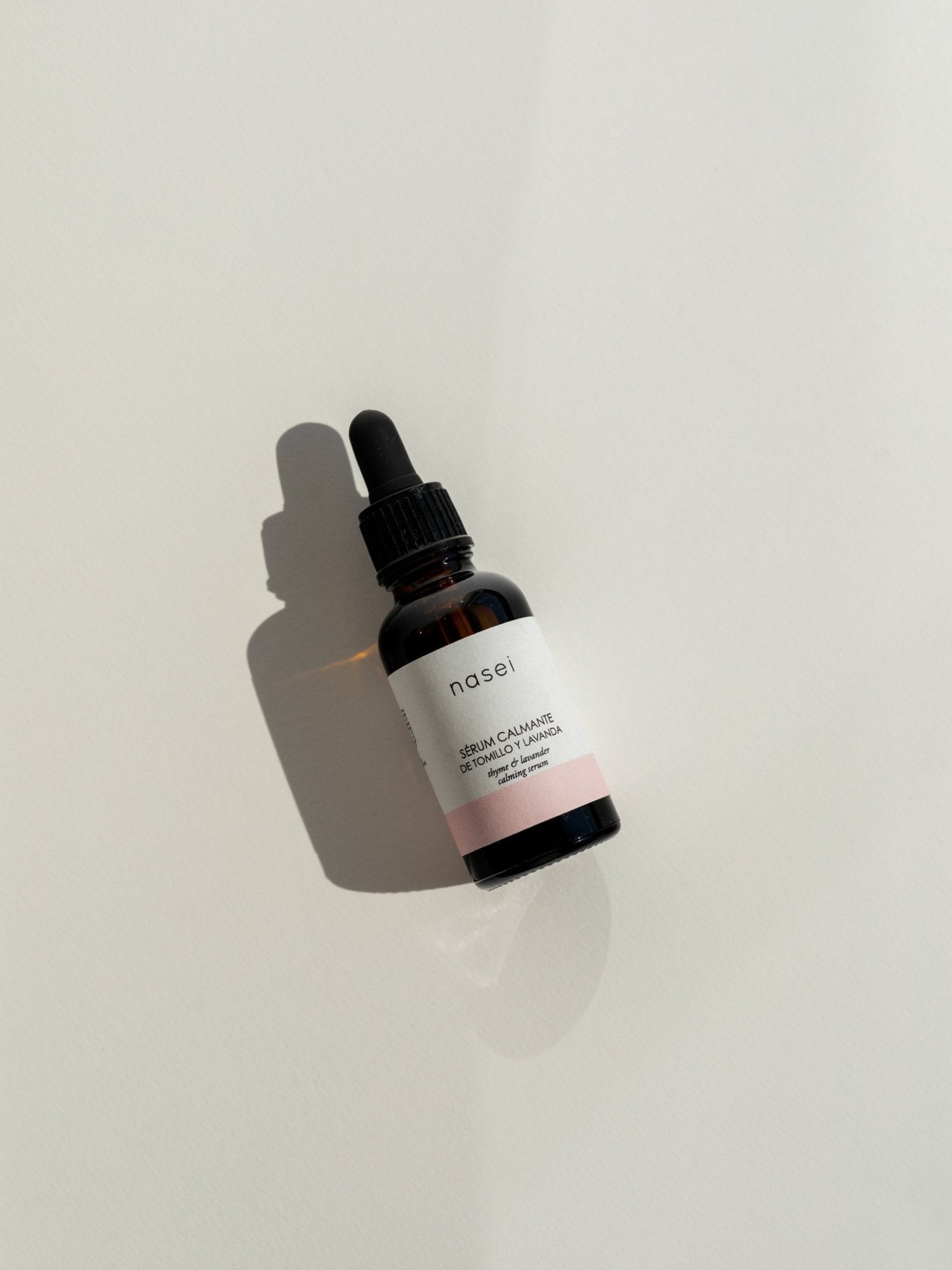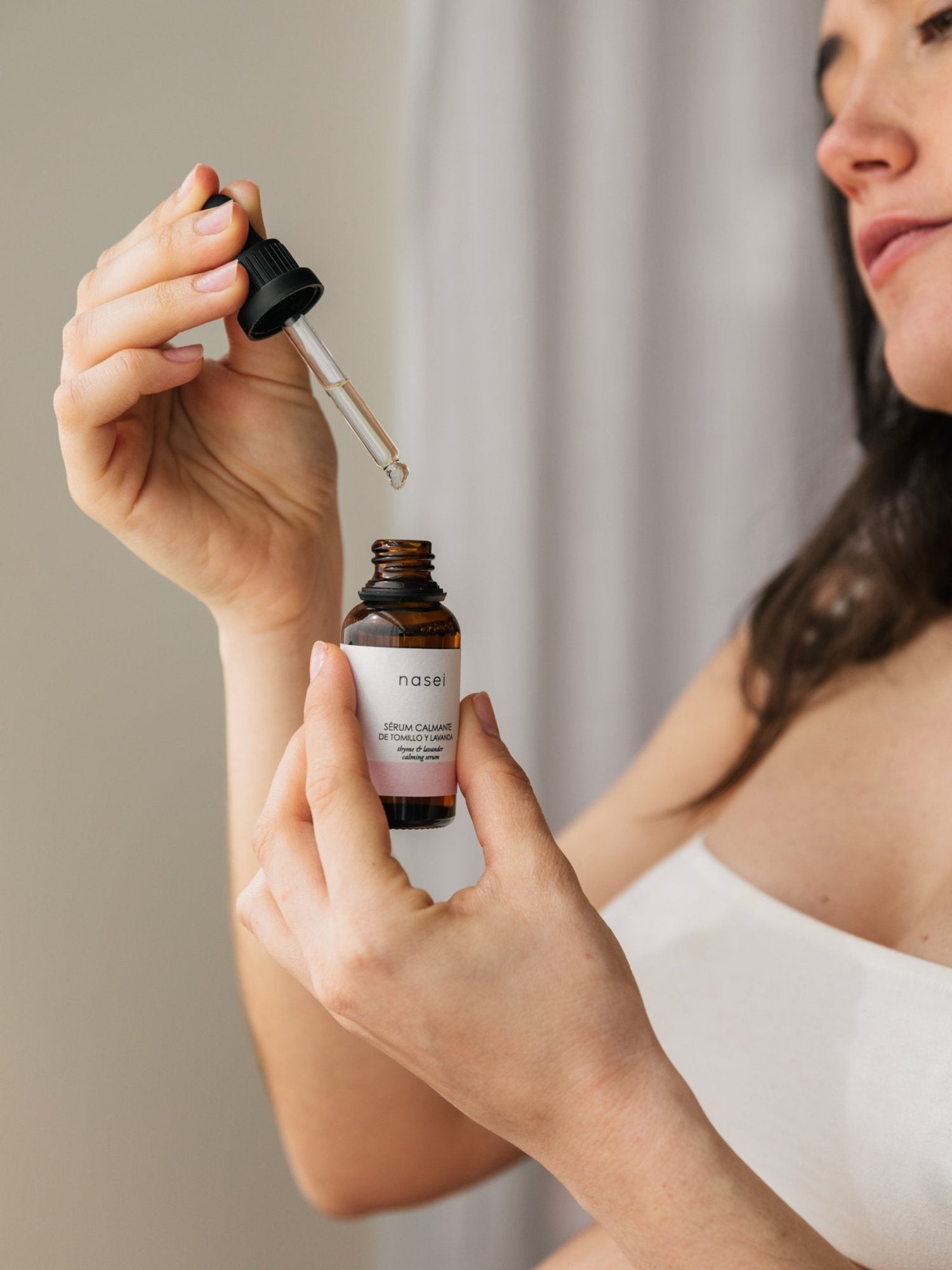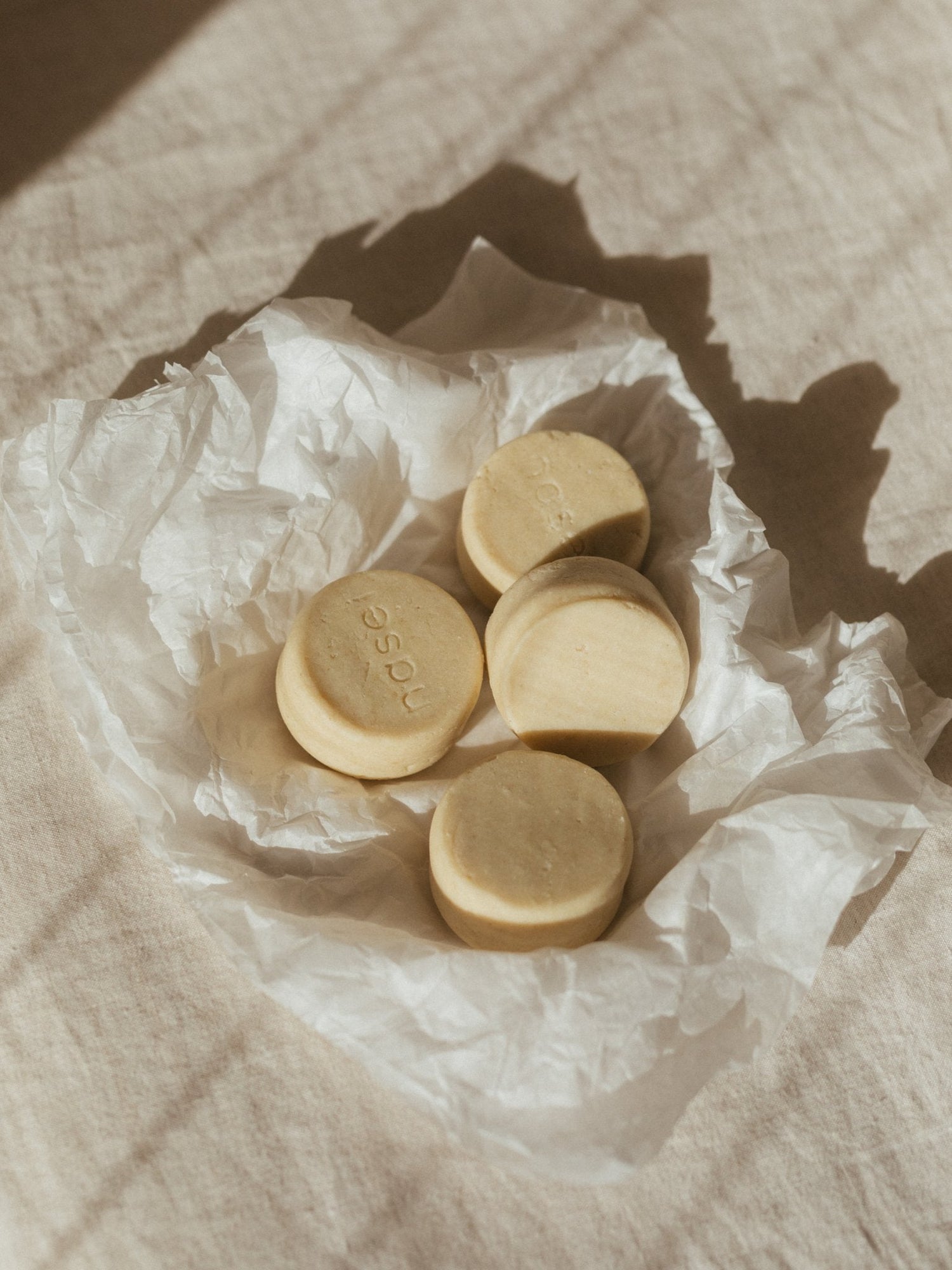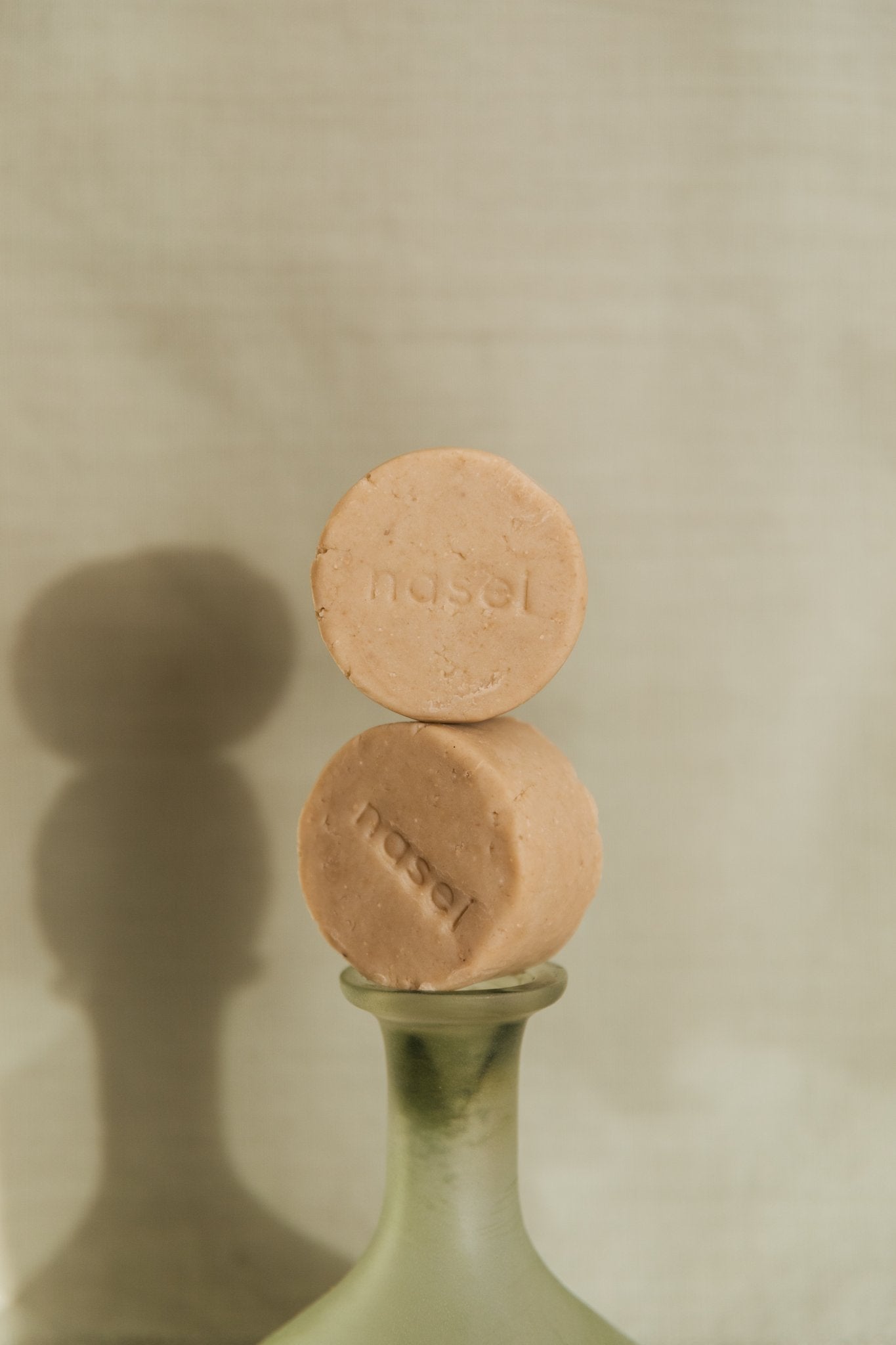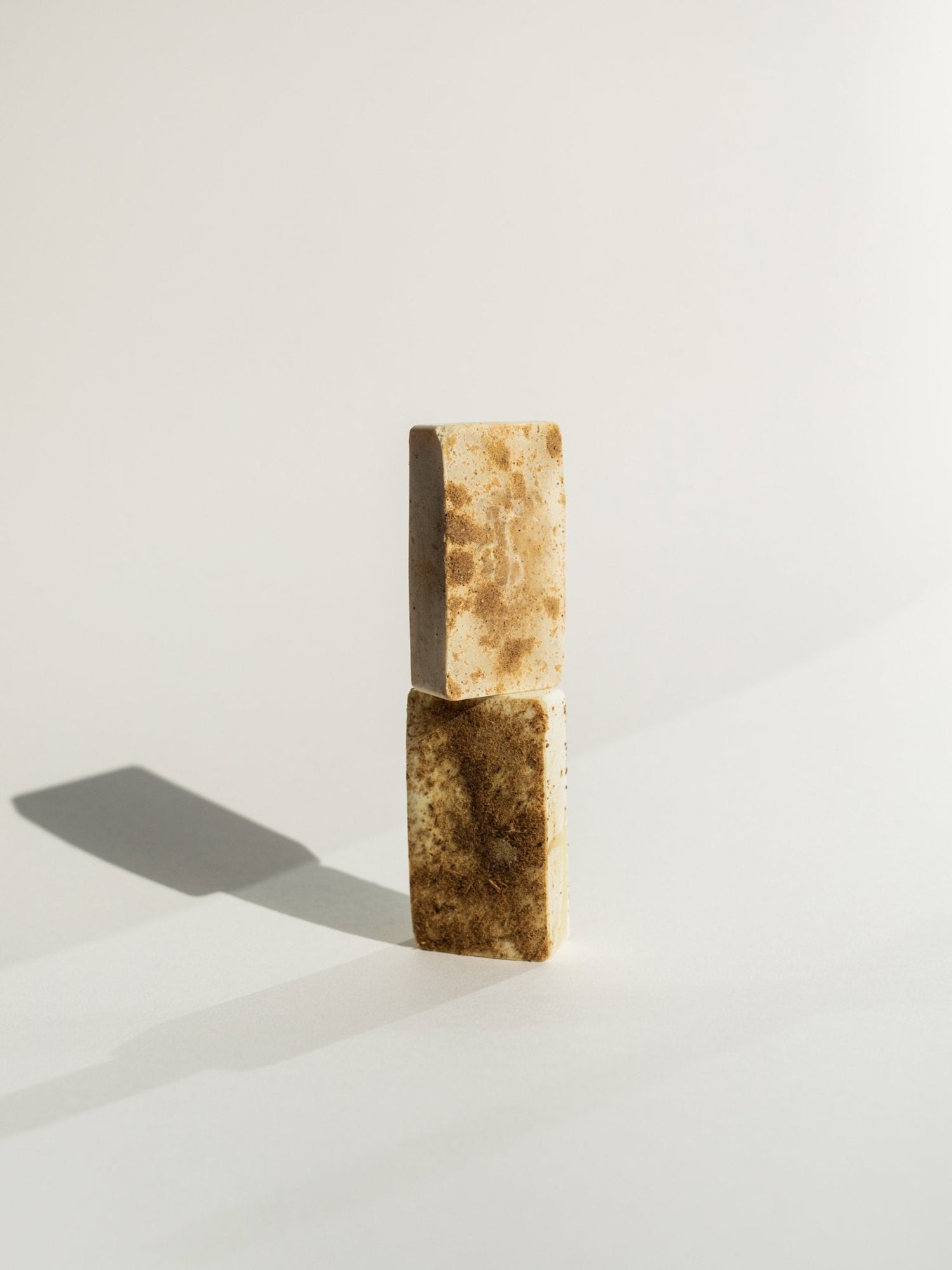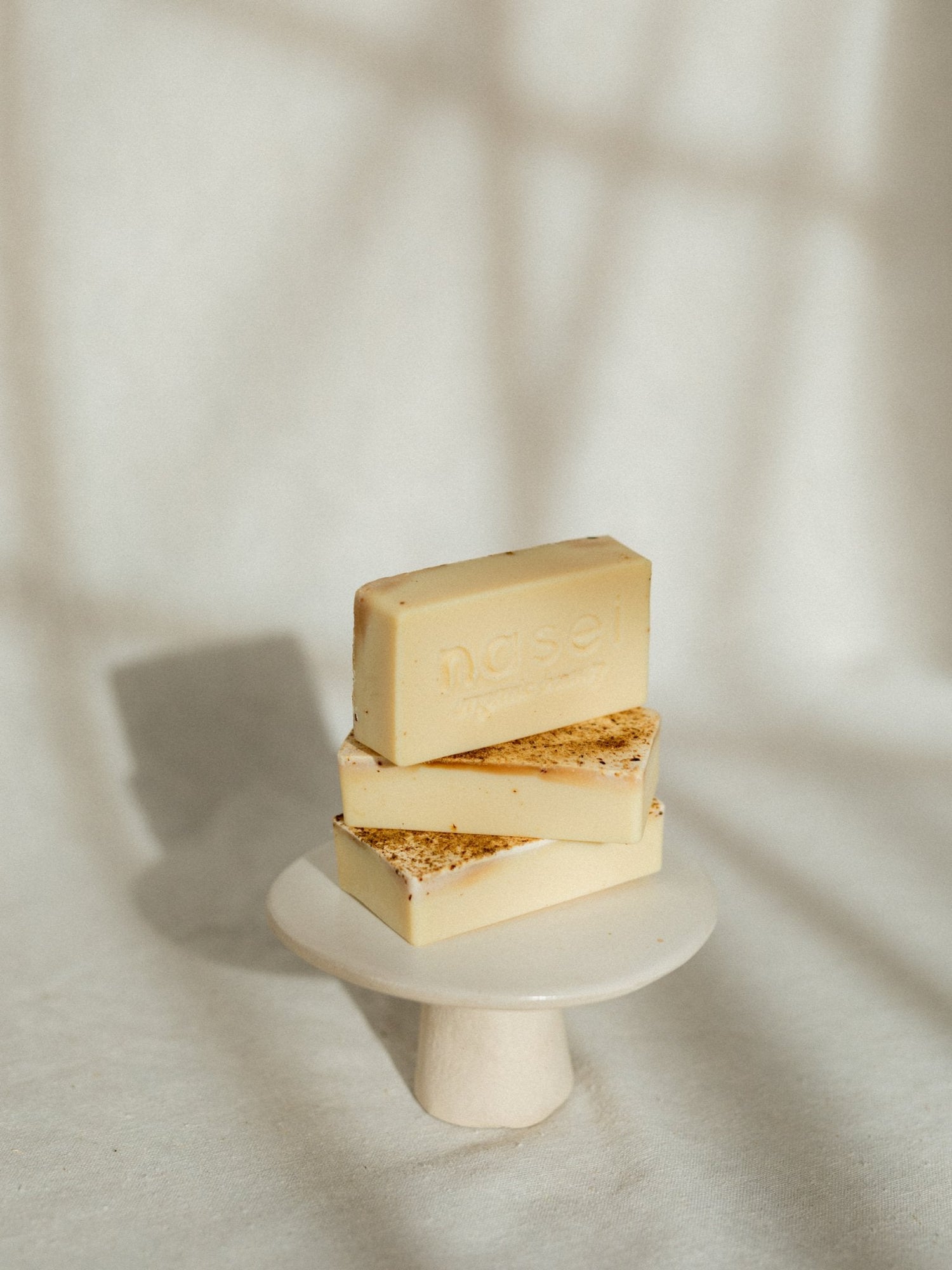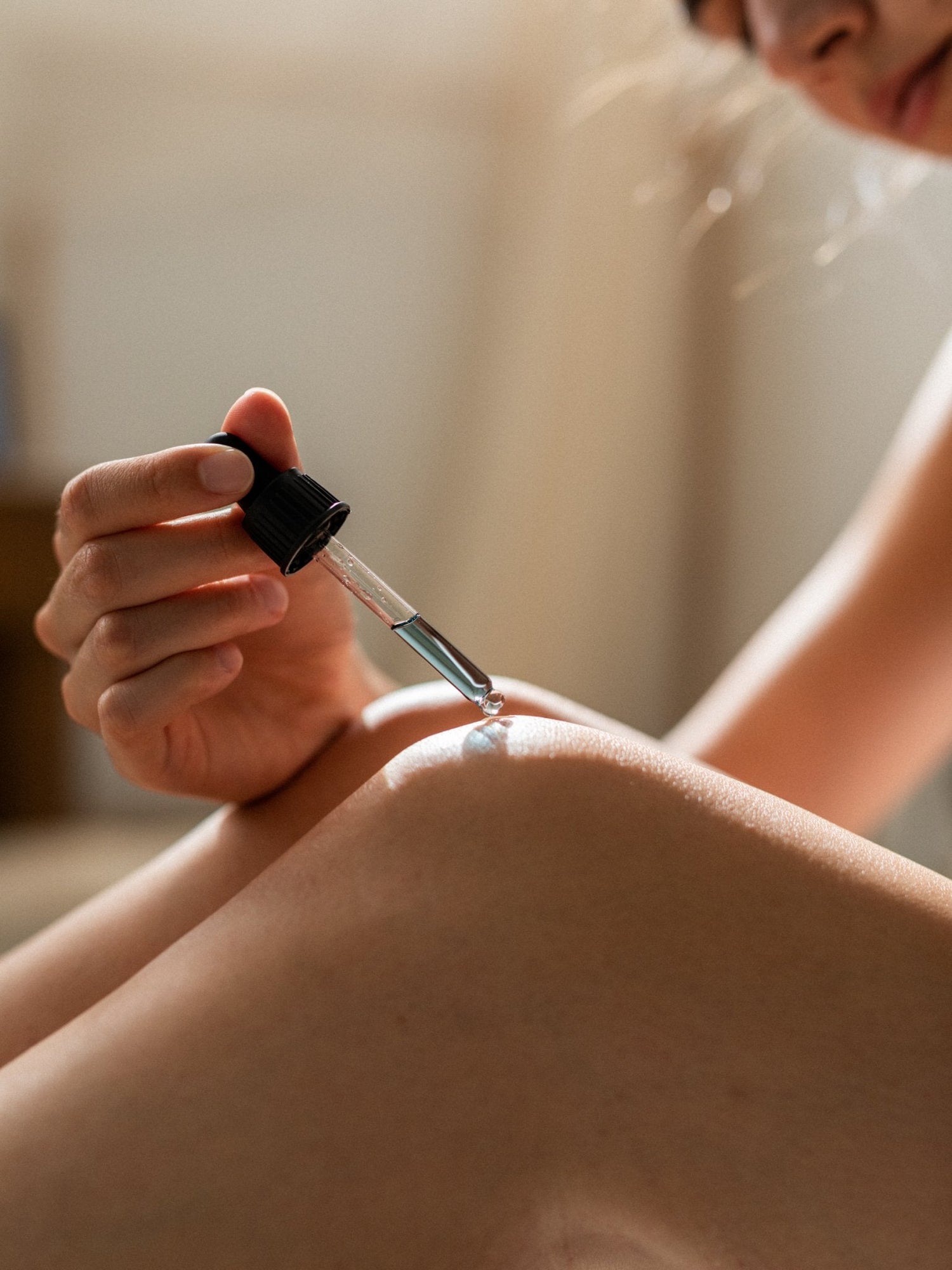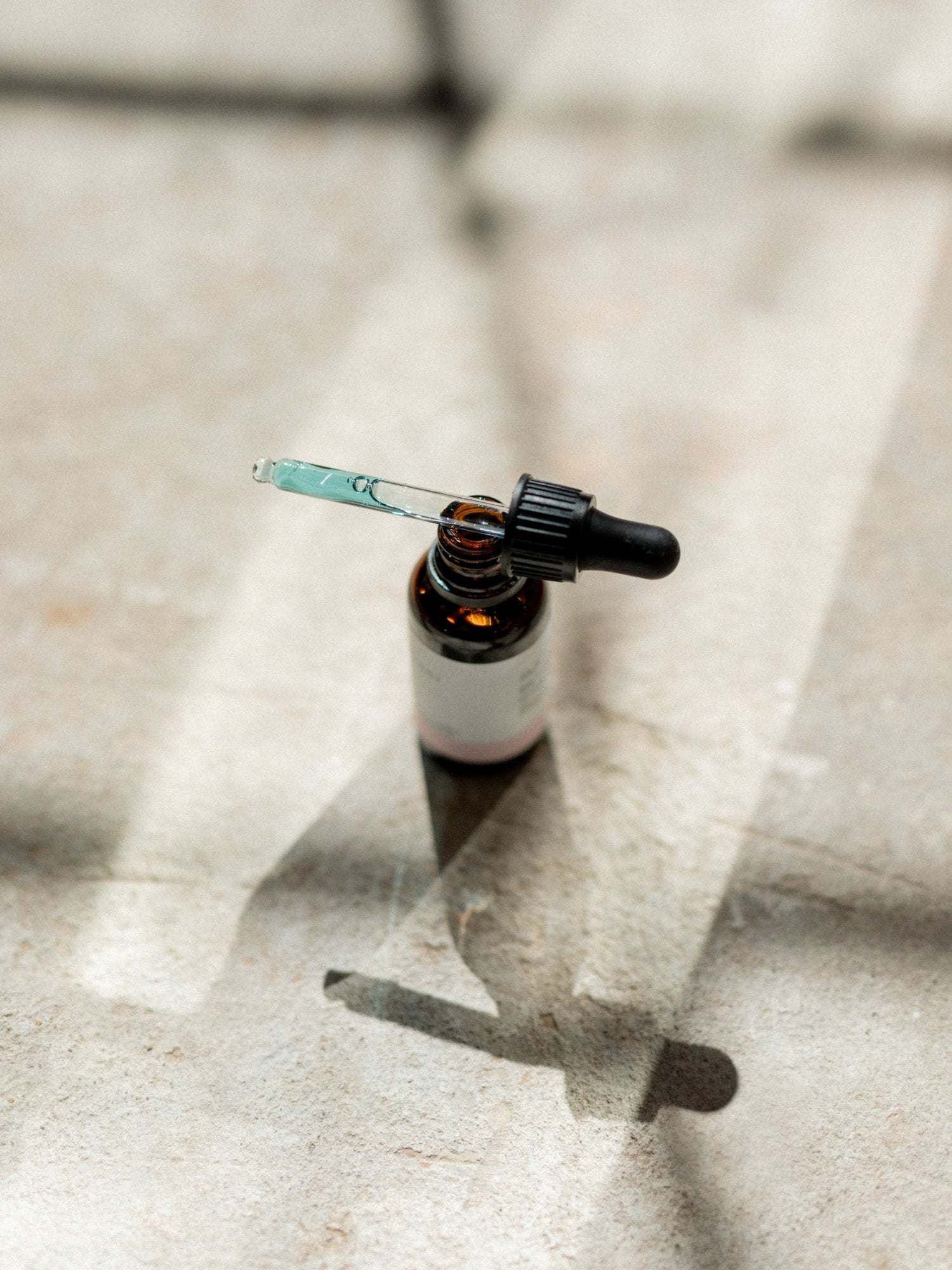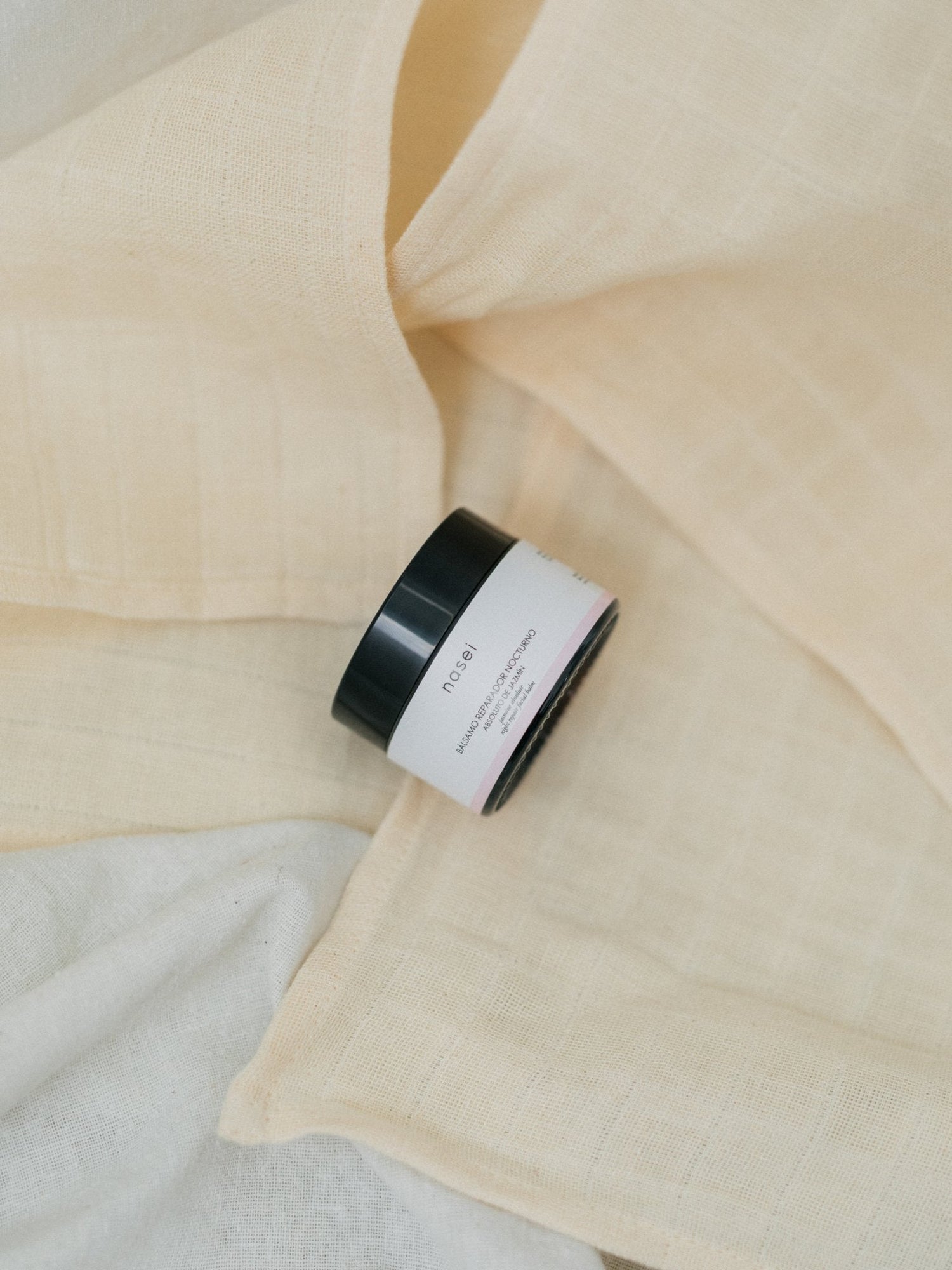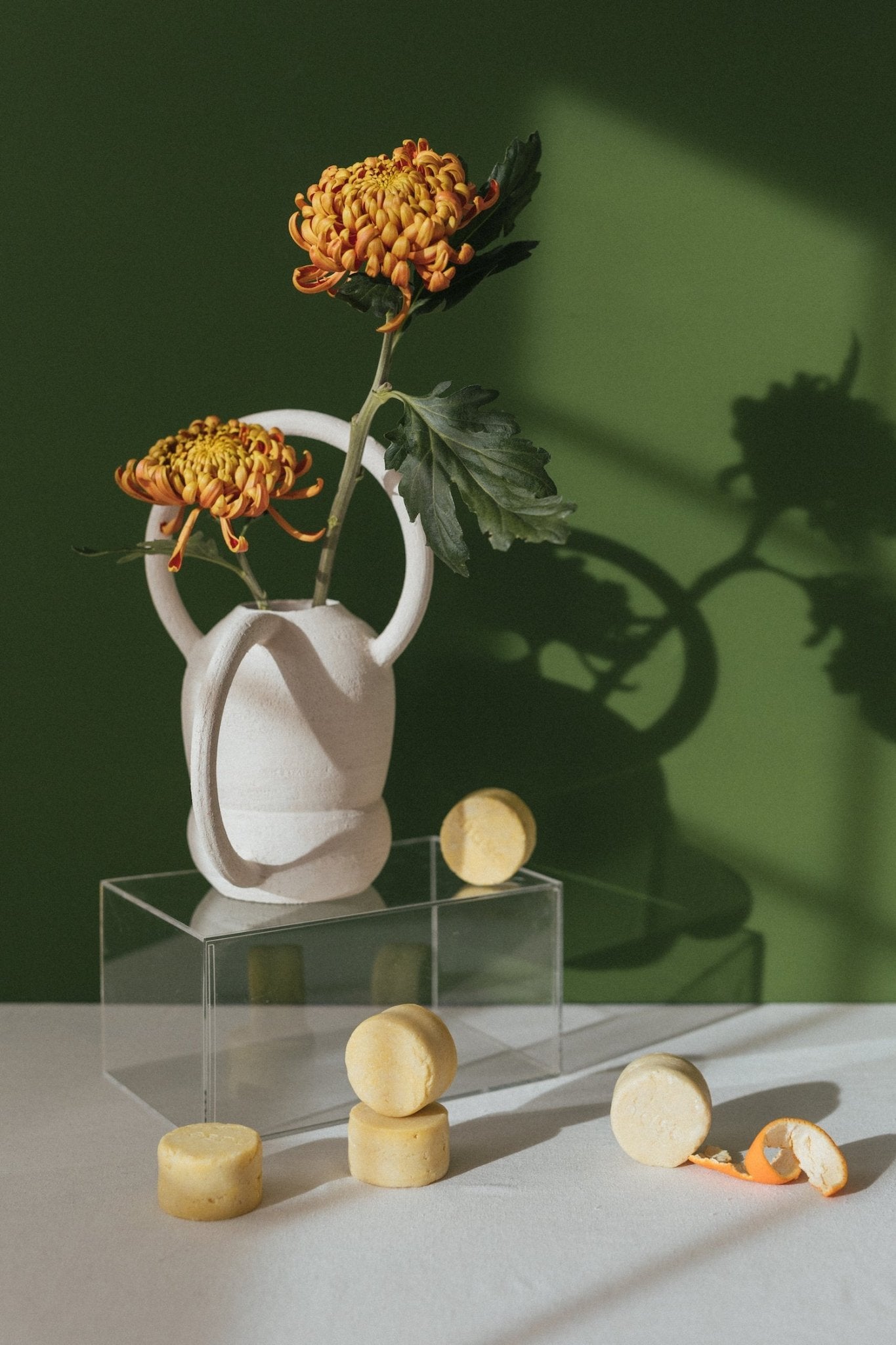"With the rise of eco-friendly cosmetics and environmental awareness, we are increasingly looking for higher quality products for skin care (Hooray!). Still, hair has until now been the great forgotten, right?"
"We care for the care of the face and the body, but the hair beauty ritual has long been limited to the use of shampoo, conditioner, styling products, and modifying its color with chemical dyes to hide the gray hairs."
Conventional hair cosmetics are often made with ingredients derived from the petrochemical industry. Many of them are controversial due to their side effects and harmfulness not only to our bodies but also to the planet. So we rectify, it's not like we're using a dishwasher, it's much worse.
Have you ever noticed the amount of foam on the beaches near cities? Well, it has a lot to do with the use of these products.
But there's more. When shower water travels down the drain, it can reach rivers or dumping areas and affect the local fauna and flora. Not to mention the amount of packaging that is discarded.
That's why at Nasei we bet on solid shampoo. With a plastic-free packaging, a reduced size —which is as effective or more than any other shampoo— and that minimizes the carbon footprint by being able to transport more units in the same shipment.


It also leaves your hair shiny and hydrated, but let's get back to the dishwasher. "Why do we say that you are likely using it in your mane?" To give you an idea, many detergent products are a mixture of Sodium Lauryl Sulfate y Ammonium Lauryl Sulfate, ingredients found in most conventional shampoos.
What is that about sulfates?
Shampoo generally contains sulfates as a cleansing agent. Not all are bad, but special attention should be paid to them, as they are not all the same.
Sulfates are very effective at removing dirt, but some are very aggressive. Psychologically, it gives us a sense of cleanliness because it generates abundant foam, but at the same time, it strips away the natural oils of the scalp, leaving it unprotected and sensitized.
"And what if we told you that the itching and flaking of your scalp are directly related to this?" "Did we make a mistake or is it likely that you have experienced it yourself at some point? Especially now with the cold."

There are more and more cases of irritations, dermatitis, and dandruff, and the solution can be as simple as changing shampoo.
It is true that hair, naturally, has a hydrophobic surface that repels water and, however, attracts lipids. Hence the need for a surfactant that removes the grease that has adhered to the hair.
But of course, synthetic surfactants derived from petrochemicals are not the same —whose cost is very low— that the new formulations that, thank goodness, have started to appear in the market.
These last ones are of natural and plant origin, obtained from coconut, corn, sugar, or beet, among others. They clean gently, are biodegradable, and do not sensitize the skin or damage the hair fiber. They produce less foam, yes, but they do not have the side effects of aggressive sulfates, and your hair will be just as clean, as well as healthy and cared for.
If your shampoo contains one or more of these names, we recommend avoiding it:
- Sodium Laureth Sulfate
- Sodium Trideceth Sulfate
- Ammonium lauryl sulfate
- Ethyl PEG-15 cocamine sulfate
- Monoethanolamine lauryl sulfate
- N-lauroylsarcosine Sodium
- Sodium Laureth Sulfate
- Sodium Lauryl Ether Sulfate
- Sodium Lauryl Sulfoacetate
- Sodium C14-C16 olefin sulfonate
- Sodium dodecyl sulfate
In addition to what we have told you, if it is dyed or chemically treated, sulfates will strip the color of your hair dye every time you wash it and will dry it out even more, thus losing some of the shine of the dye and feeling "faded" in color.
As if that weren't enough, they also cause hair loss by damaging the hair bulb and weakening the root.
On the contrary, an ecological or organic shampoo will be formulated with mild surfactants. These are the allowed sulfates in ecological cosmetics:
- Cocamidopropyl Betaine
- Coco Glucoside,
- Coco Sodium Sulfate
- Decyl Glucoside
- Lauryl Glucoside
- Sodium Lauroyl Sarcosinate
- Sodium Lauryl Sulfoacetate
- Sodium Cocoyl Sulfate
- Sodium Cocoyl Isethionate
Would you wash your hair with a dishwashing product? Well, that's it.

P.S. If you still don't know our revitalizing solid shampoo with orange and carrot and our purifying rosemary and thyme shampoo we recommend that you take a look at them.
"They are formulated as if they were a facial soap. With hydrolats, vegetable oils, and essential oils. Gentle on the finest hair, including children's, and you don't know how they smell..."
P.D.II If you decide to switch to eco-friendly shampoo, whether liquid or solid and from any brand, remember one important thing while washing your hair: turn off the tap.
"When you scrub, too. That's something we should have in common."


